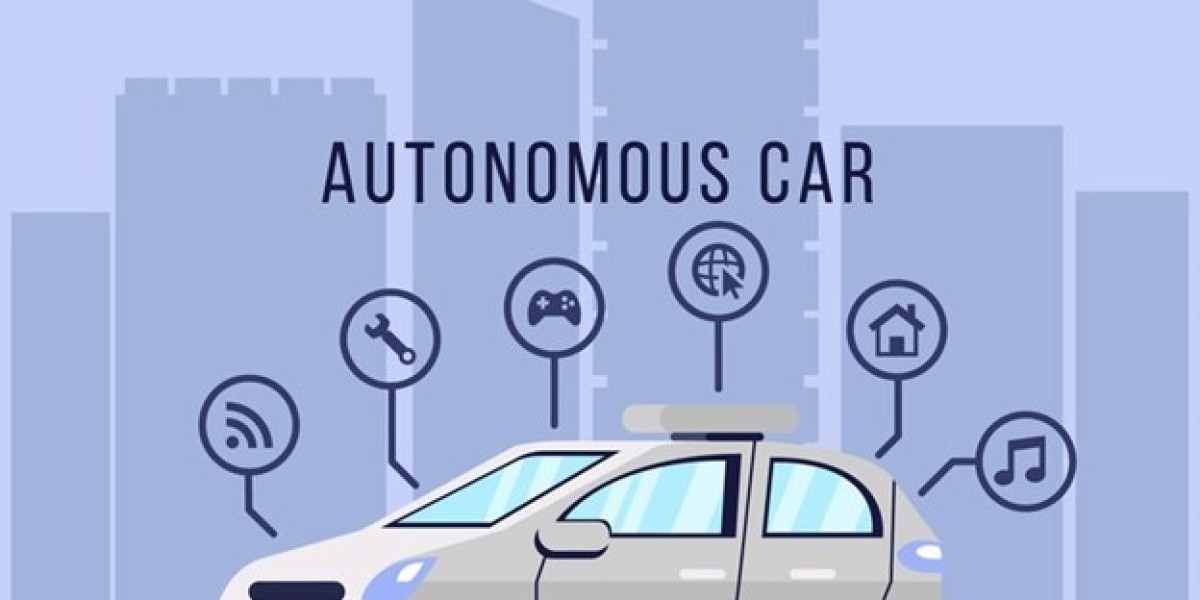In an increasingly connected world, eSync technologies are poised to redefine vehicle connectivity through seamless integration with the Internet of Things (IoT). This article explores the future of connectivity in automotive applications, focusing on the synergies between eSync technologies and IoT integration.
Evolution of Connectivity in Automotive Industry
- Introduction to eSync Technologies: eSync technologies enable automotive OEMs to manage OTA updates, diagnostics, and data synchronization across fleets of connected vehicles. This cloud-based platform enhances connectivity by ensuring vehicles are equipped with the latest software updates and maintenance enhancements remotely.
- IoT Integration: Integrating eSync technologies with IoT devices and sensors expands the scope of vehicle connectivity. IoT devices gather real-time data on vehicle performance, environmental conditions, and user preferences, providing valuable insights for predictive analytics and personalized services.
Advantages of eSync and IoT Integration
- Enhanced Data Analytics: By combining eSync technologies with IoT sensors, automotive manufacturers gain access to comprehensive datasets. This data fuels advanced analytics, enabling predictive maintenance, performance optimization, and proactive service management.
- Personalized User Experience: IoT integration enhances the user experience by personalizing vehicle settings and services based on individual preferences and driving habits. From customized infotainment options to adaptive driving assistance systems, eSync technologies powered by IoT deliver tailored experiences that enhance customer satisfaction.
Applications in Automotive Industry
- Fleet Management: eSync technologies integrated with IoT devices optimize fleet operations by monitoring vehicle health in real-time, scheduling maintenance based on actual usage patterns, and improving fuel efficiency through route optimization.
- Smart Cities and Infrastructure: IoT-enabled eSync technologies contribute to smart city initiatives by providing real-time traffic data, supporting autonomous vehicle navigation, and facilitating efficient energy management across urban transportation networks.
Future Trends and Innovations
- 5G Connectivity: The advent of 5G networks will further accelerate the adoption of eSync technologies and IoT integration in automotive applications. High-speed, low-latency connectivity enhances OTA update speeds, supports real-time data transmission, and enables advanced vehicle-to-everything (V2X) communication.
- Cybersecurity and Data Privacy: As connectivity increases, ensuring robust cybersecurity measures and protecting consumer data become paramount. eSync technologies and IoT integration prioritize data encryption, secure authentication protocols, and compliance with regulatory standards to safeguard vehicle and user information.
Conclusion
eSync technologies coupled with IoT integration represent the future of automotive connectivity, offering unprecedented opportunities for innovation, efficiency, and personalized experiences. By harnessing the power of connected ecosystems, automotive stakeholders can unlock new potentials in vehicle management, smart mobility solutions, and sustainable transportation initiatives.


